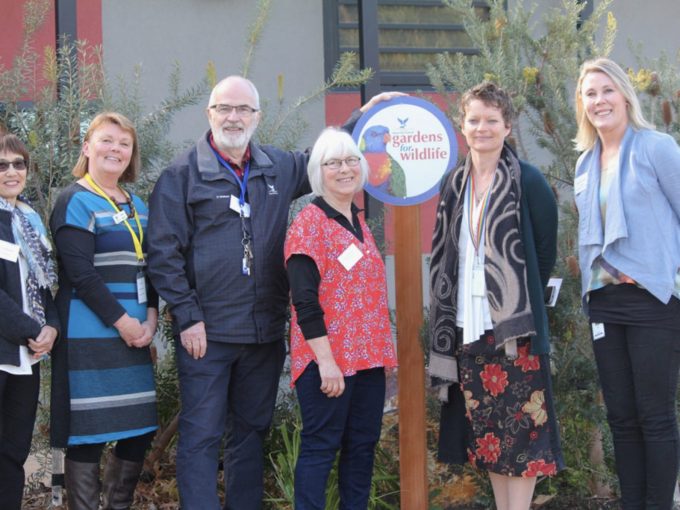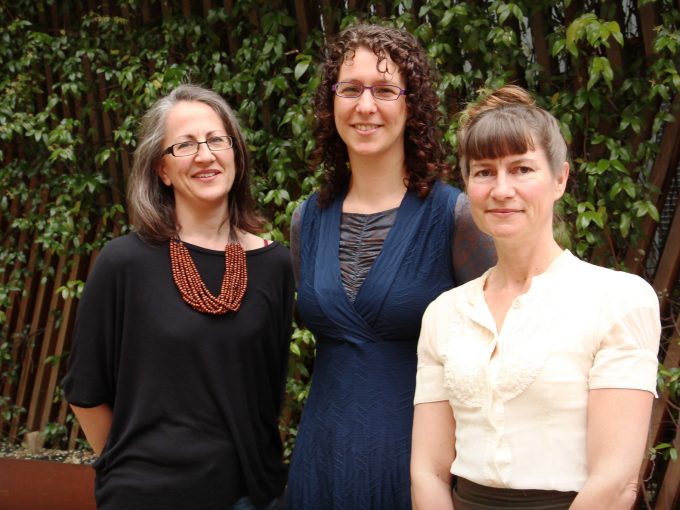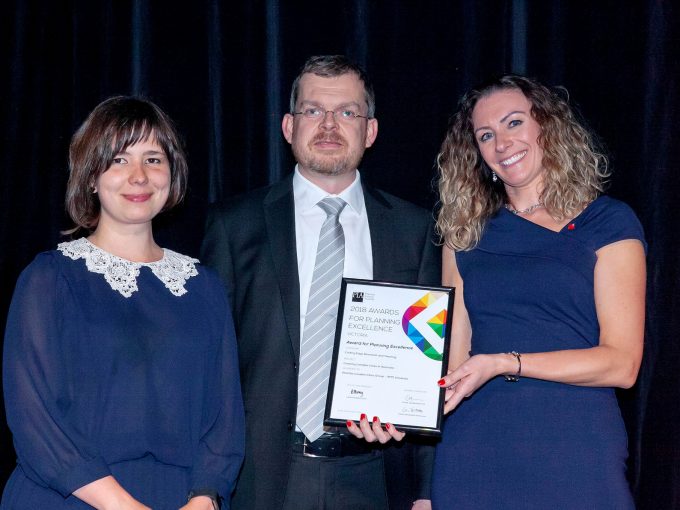The Victorian State Government has committed to a number of major infrastructure projects for the state, but what’s the plan for Melbourne transport and how do these projects fit in?
The forum, ‘Transport for Melbourne: What’s the Plan’ hosted by the RMIT Centre for Urban Research (CUR) in collaboration with Transport for Melbourne (TfM), aimed to discuss just that with Melbourne’s commuters.
Chaired by renowned planning academic Professor Michael Buxton, the evening brought together community members, transport academics and industry professionals from RMIT, Monash, University of Melbourne, Australian Conservation Foundation, Rail Futures, Victorian Transport Action Group, Public Transport Users Association and Town and Country Planning Association to promote a better understanding of fundamental transport issues facing Melbourne.
CUR Director Professor Jago Dodson said that a city of eight million will not be liveable without a shift in transport planning towards modes of travel and infrastructure that take up less space and move more people.
“To make this shift we need institutions that are capable of adapting to the future of Melbourne, not simply extending business as usual,” he said.
Professor of Public Transport at Monash University Graham Currie said that there is a need to move away from single large “trophy” infrastructure projects that benefit the few towards a systemic policy that addresses the needs of the many.
“We have a significant opportunity to create a world class transport system in Melbourne but a focus on politically motivated ‘trophy’ projects will do little to address the long standing systemic problems we face into the future,” he said.
Launching the new community group’s charter, Chair of TfM Roger Taylor said that community advocacy groups need to be strong in agreement on what is vital for a Melbourne transport plan and its aims.
“Traditionally governments have relied on their departments for policy and professional advice – yet now we see them increasingly looking to outside organisations for advice and the delivery of services,” he said.
“This is why a unified community voice that reflects the interests and needs of the public is important, and requires broad community support if government is to listen and take us seriously.”
TfM President and Former Professor in Urban and Environmental Planning at University of Melbourne Nicholas Low agreed.
“The time is overdue for all the relevant and overlapping advocacy groups to come together to set agreed priorities to push government for a best practice integrated and efficient transport network in Melbourne,” he said.
Transport for Melbourne is a small think tank and advocacy group of transport professionals promoting a better understanding of Melbourne’s transport issues and how they can be better addressed by applying lessons learnt from other cities to become models of international best practice.
In order to change current transport planning thinking as a unified community, Transport for Melbourne proposes:
- We need to think differently about transport – i.e. as a whole system that is an integral part of a city plan
- Transport itself needs an overall integrated plan for trains, trams, buses, walking, cycling, and cars
- We need to look at public transport in terms of a “customer service” that competes with the car
- We need to challenge the view that transport solutions are invariably thought of in terms of infrastructure
- We need to challenge both the process and basis on which transport priorities are assigned
- We need to adopt an independent evidence based approach to transport planning and policy, and be more concerned about the quality of governance and planning transparency.
“Melbourne need a new vision for transport and a new plan to implement the vision,” said Taylor.
“Thinking about transport must be joined up with thinking about the future shape of out city, and we need a plan that reflects international best practice.”
Story: Chanel Bearder





